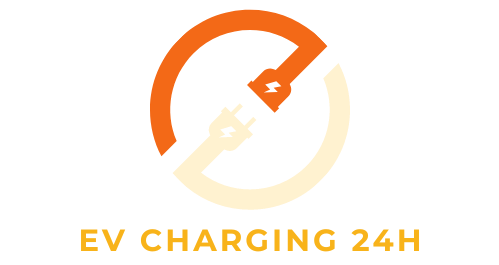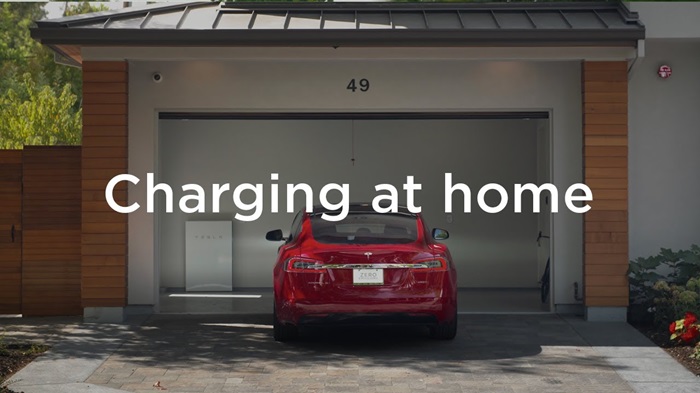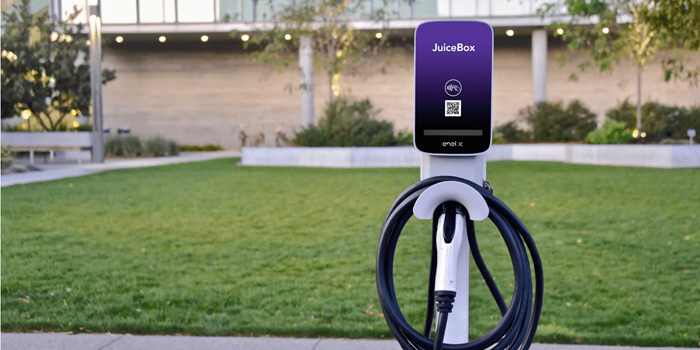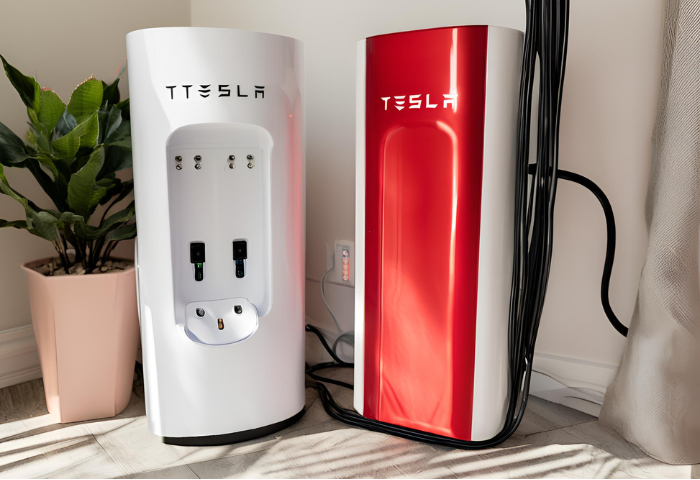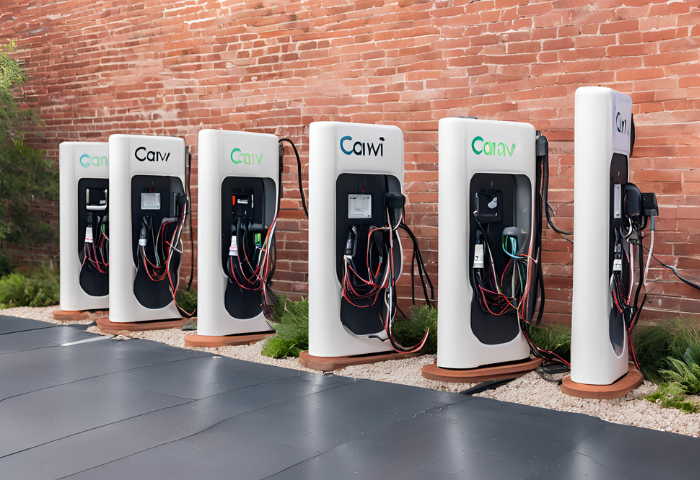Electric Car Charger Costs: Powering Up Your EV on a Budget
Electric vehicles (EVs) are an increasingly popular choice for eco-conscious drivers. But how much does it cost to “fill up” an electric car? Unlike gasoline-powered vehicles with their fluctuating pump prices, electric car charging involves a different set of costs.
This guide dives into the various factors that influence electric car charger costs, helping you navigate the different pricing models and make informed decisions to keep your EV running without breaking the bank.
Electric vehicle charging costs
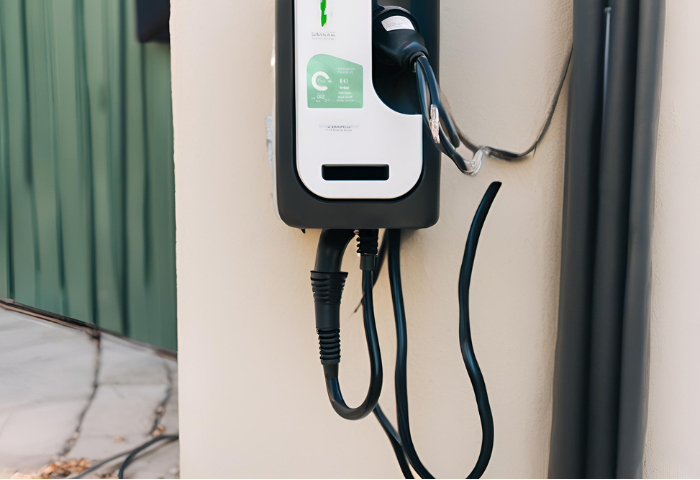
Electric car charger pricing models vary based on several factors, including the type of charger, installation requirements, and pricing strategies employed by charging station operators. Here’s an overview of each aspect you mentioned:
Pricing Models:
- Per kWh: Some charging stations charge users based on the amount of energy consumed (kilowatt-hours).
- Time-based: Charging stations may charge users based on the time spent connected to the charger, regardless of the amount of energy transferred.
- Subscription/Membership: Users pay a flat fee for access to charging networks, often with additional fees for usage based on time or energy.
Factors Influencing Cost:
- Charger Type: Level 1 chargers (120 volts) are typically less expensive than Level 2 (240 volts) or DC fast chargers.
- Installation Requirements: Costs can vary depending on whether installation requires new electrical infrastructure, trenching, permits, or other factors.
- Charger Manufacturer: Different brands may offer chargers at different price points with varying features and quality.
- Location: Costs may differ based on regional labor rates, regulations, and incentives.
Installation Cost Comparison:
- Level 1 chargers are often the least expensive to install since they can utilize existing electrical infrastructure.
- Level 2 chargers may require dedicated circuits and higher amperage, leading to increased installation costs.
- DC fast chargers necessitate significant electrical infrastructure and can be substantially more expensive to install.
Total Cost of Ownership (TCO):
TCO considers not only the initial purchase and installation costs but also maintenance, energy costs, and any potential revenue streams (such as fees from users).
Market Analysis on Pricing Trends:
- Charging station prices may fluctuate due to factors like advancements in technology, economies of scale, competition among manufacturers, and government policies.
- Increasing demand for electric vehicles (EVs) and charging infrastructure could lead to economies of scale and potentially lower costs over time.
Policy Impact:
- Government incentives, grants, and regulations can significantly impact charger costs. Subsidies for installation or tax credits for manufacturers can make chargers more affordable.
- Regulatory requirements for accessibility, safety, and interoperability can affect charger design and installation costs.
Global Perspective on Affordability:
Affordability varies widely depending on geographic location, with factors such as income levels, government policies, and infrastructure development playing crucial roles.
Consumer Perception:
Convenience, dependability, charging speed, and overall cost-effectiveness compared to conventional fuels can all have an impact on how consumers perceive charger pricing.
Barriers to Entry:
High upfront costs, regulatory hurdles, a lack of infrastructure, and competition from established charging networks can all present barriers to entry for companies seeking to offer affordable charging solutions.
Electric vehicle charging infrastructure costs
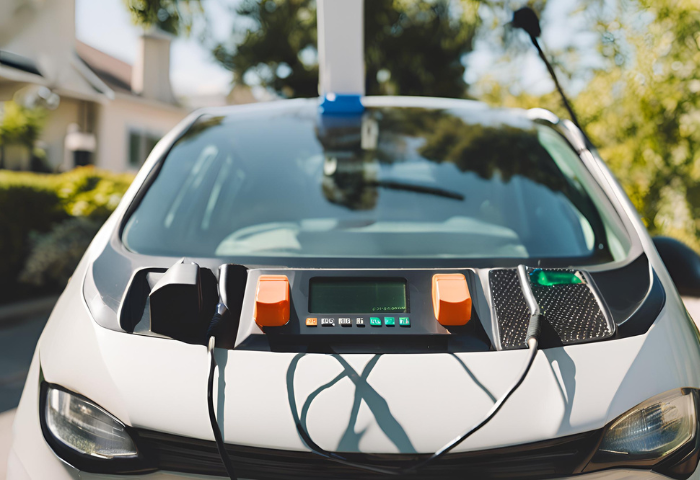
Upfront Cost
This refers to the initial expense incurred to purchase the electric car charger hardware and necessary equipment. It typically includes the cost of the charger unit itself, installation fees, and any additional infrastructure requirements.
Operational Cost
Operational costs encompass ongoing expenses associated with running and maintaining the electric car charger. This may include electricity costs, maintenance and repair fees, network subscription fees (if applicable), and any other recurring expenses.
Charging Network Pricing Structure
Electric vehicle charging networks often employ various pricing structures to charge users for accessing their charging stations. These structures may include:
- Per kWh Pricing: Users pay based on the amount of energy consumed during charging.
- Time-Based Pricing: Users are charged for the duration of their charging session, regardless of the amount of energy transferred.
- Membership/Subscription Fees: Users pay a periodic fee for access to the charging network, often with additional charges for usage.
- Flat-Rate Pricing: Charging stations may offer flat rates for specific types of charging sessions or time blocks.
Pricing Strategies of Charger Manufacturers
Manufacturers of electric car chargers may employ different pricing strategies to market their products:
- Cost-Plus Pricing: Setting prices based on production costs plus a markup to ensure profitability.
- Value-Based Pricing: Pricing chargers based on the perceived value they provide to customers, considering factors such as charging speed, reliability, and additional features.
- Competitive Pricing: Adjusting prices based on competitor pricing to remain competitive in the market.
- Dynamic Pricing: Adjusting prices based on demand, time of day, or other factors to optimize revenue and utilization of charging infrastructure.
Vocabulary Related to Charging Infrastructure Funding and Expenses
- Infrastructure Investment: Funding is allocated for the development and deployment of charging infrastructure.
- Governments or other organizations may offer subsidies as financial incentives to lower the upfront cost of electric car chargers or to promote the expansion of charging networks.
- Grant Programs: Initiatives offering financial assistance or funding opportunities for organizations involved in electric vehicle charging infrastructure projects.
- Operating Expenses: Ongoing costs associated with maintaining and operating charging stations, including electricity, maintenance, and administrative expenses.
- ROI (Return on Investment): The measure of the profitability or cost-effectiveness of investing in electric car charging infrastructure, typically calculated by comparing the benefits (revenue, cost savings, etc.) to the initial investment.
Evaluating the Future of Electric Vehicle Charging
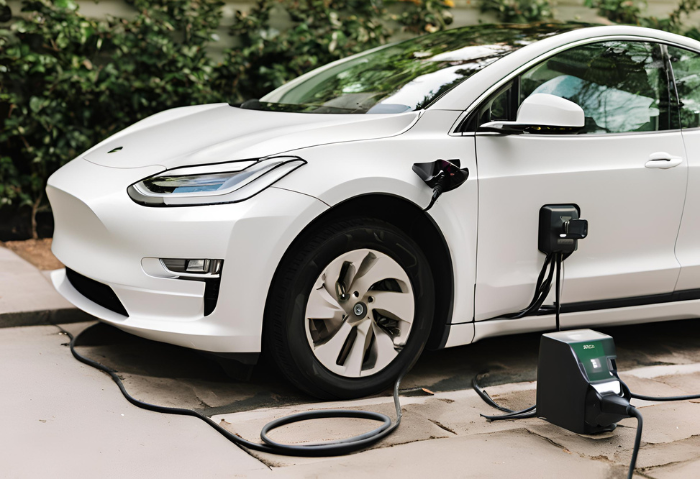
Expert Opinions on Future Costs
Industry analysts and experts can provide insights into future electric car charger costs based on factors such as technological advancements, economies of scale, regulatory changes, and market trends. Their assessments may consider the evolving landscape of electric vehicle adoption, advancements in charging technology, and shifts in manufacturing processes.
Regulatory Updates Impacting Costs
Regulatory changes at local, national, and international levels can have a significant impact on electric car charger costs. Updates related to standards, permitting processes, incentives, and tax policies can influence installation expenses, operational costs, and overall affordability. Tracking regulatory developments is crucial for anticipating changes in the cost structure of charging infrastructure.
Innovation in Installation Expense Reduction
Innovations in charging infrastructure design, engineering, and installation processes can help reduce expenses. This may include advancements in modular charger designs, streamlined installation techniques, standardized components, and integration with existing infrastructure. Additionally, the development of wireless charging technology and advancements in smart grid integration could lead to cost savings in the long run.
Case Studies on Cost Management Strategies:
Case studies highlighting successful electric car charger cost management strategies offer valuable insights for industry stakeholders. In conclusion, a variety of factors, such as technological advancements, regulatory policies, market dynamics, and creative business strategies, affect the cost of electric car chargers. These studies may focus on factors such as efficient site selection, optimized installation processes, leveraging incentives and subsidies, maximizing utilization rates, implementing smart charging solutions, and effective maintenance practices. Analyzing real-world examples of cost-effective charging infrastructure deployment can inform future planning and decision-making.
In conclusion, a variety of factors, such as technological advancements, regulatory policies, market dynamics, and creative business strategies, affect the cost of electric car chargers. While upfront costs for chargers and installation can be significant, ongoing operational expenses, such as electricity costs and maintenance fees, also contribute to the total cost of ownership.

Henry Michael is a leading expert in EV charging station research, specializing in innovative solutions for electric vehicle infrastructure. With a passion for sustainability and technological advancement, he is dedicated to advancing the accessibility and efficiency of EV charging worldwide.
